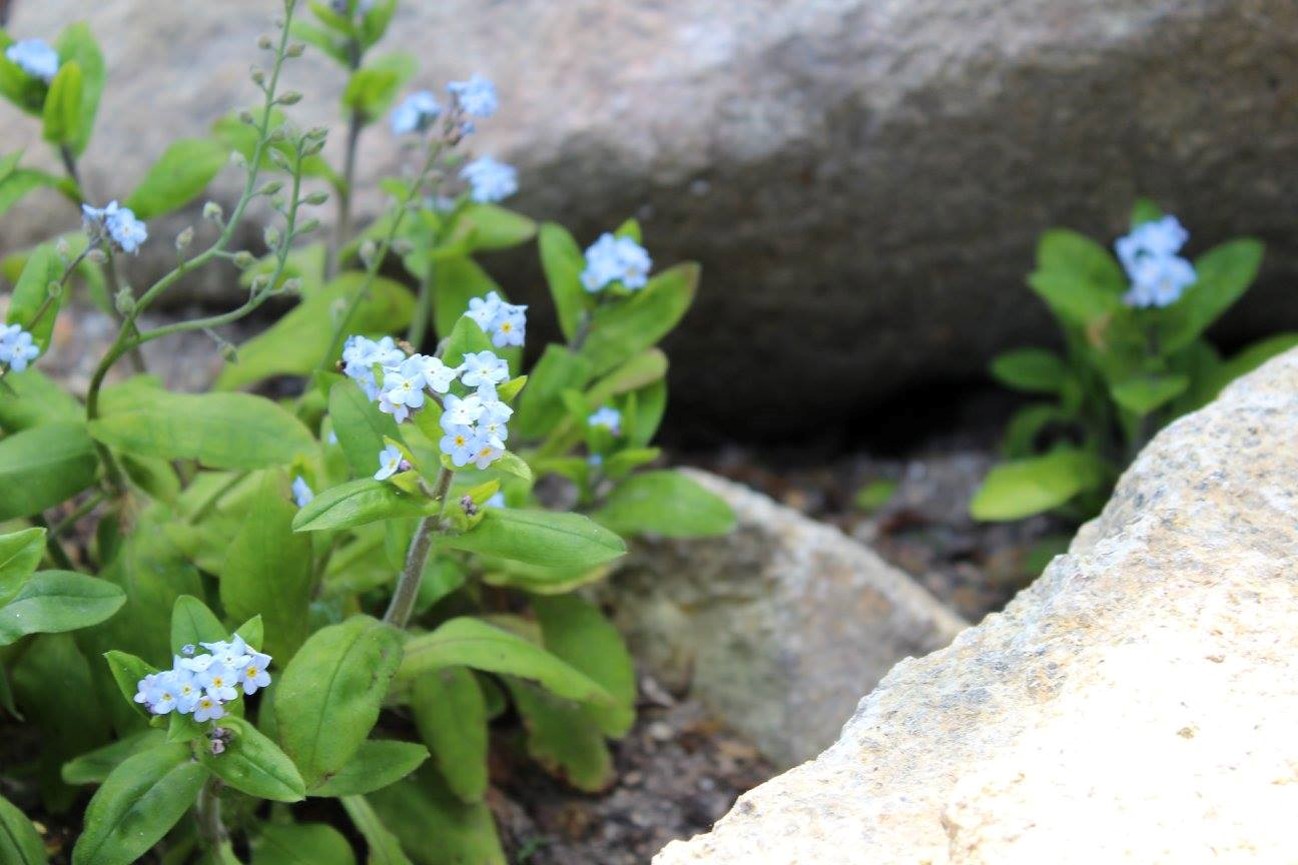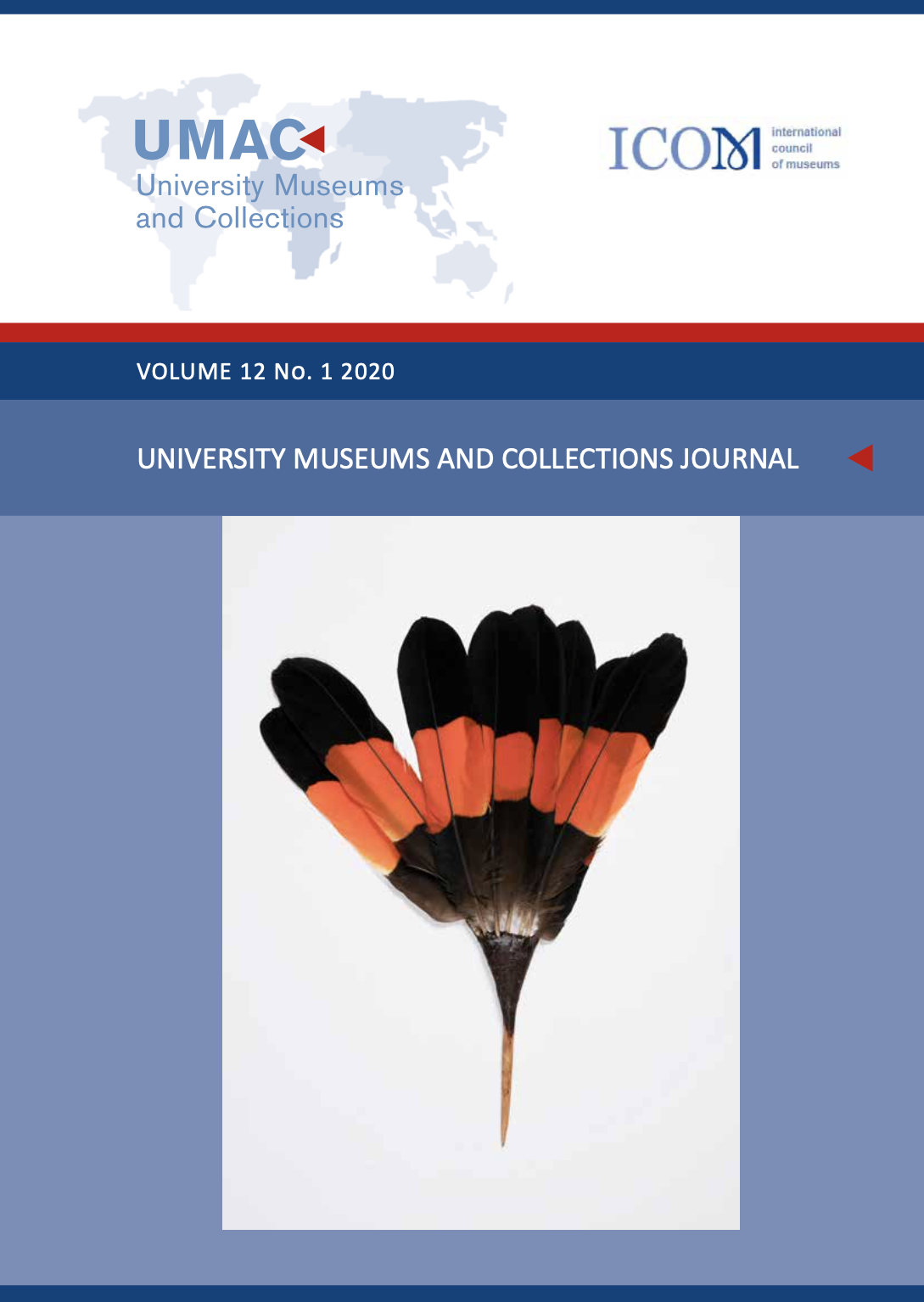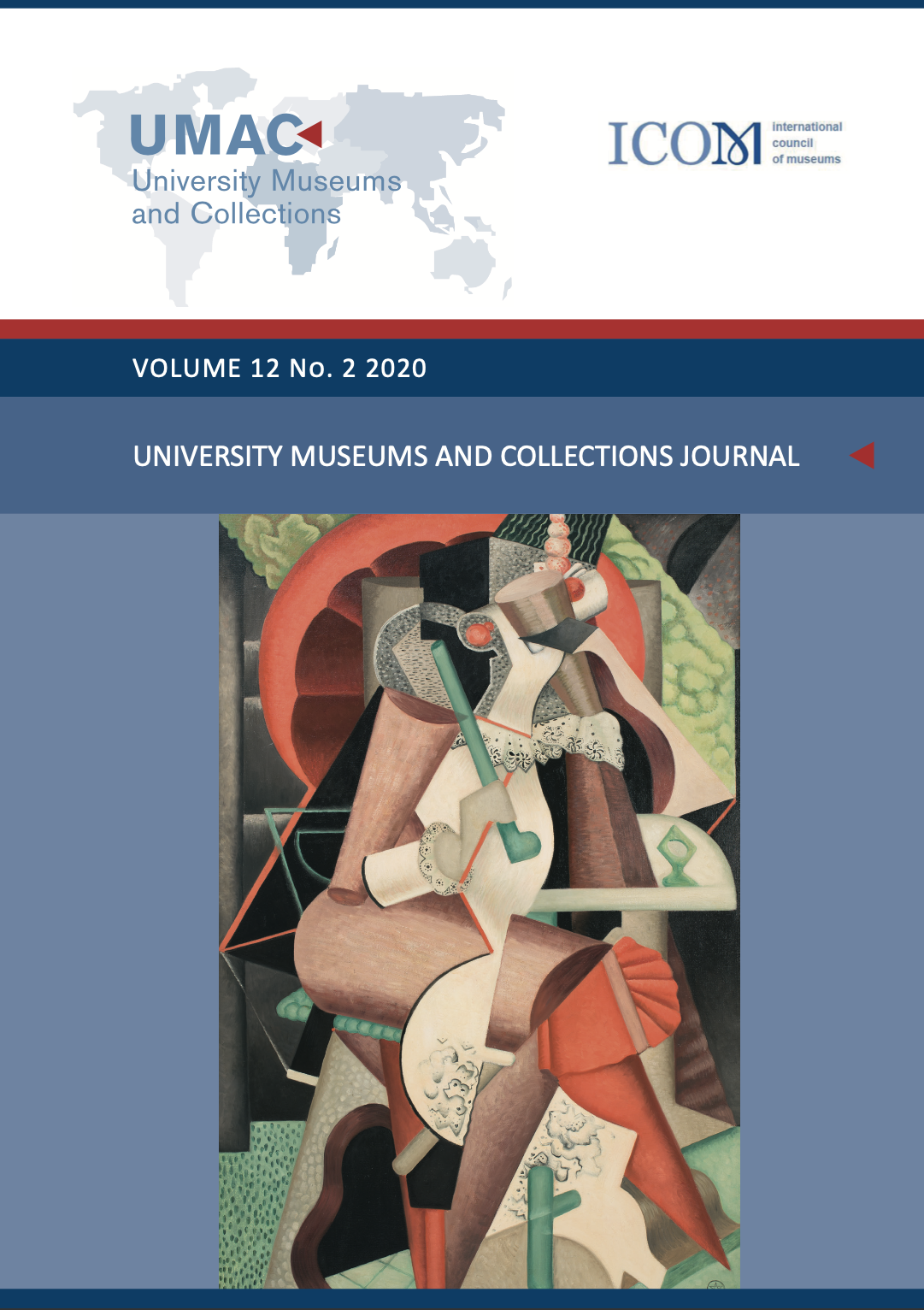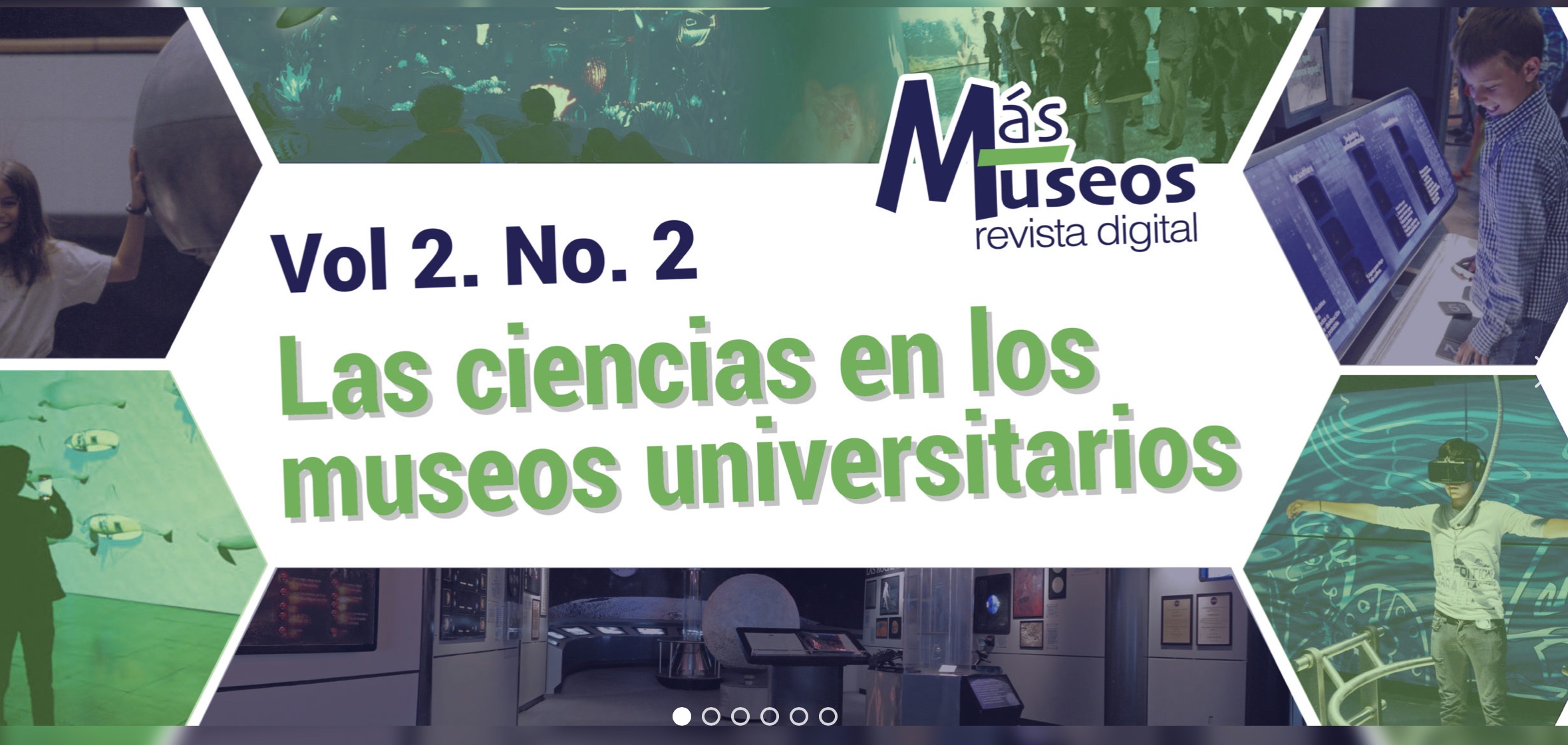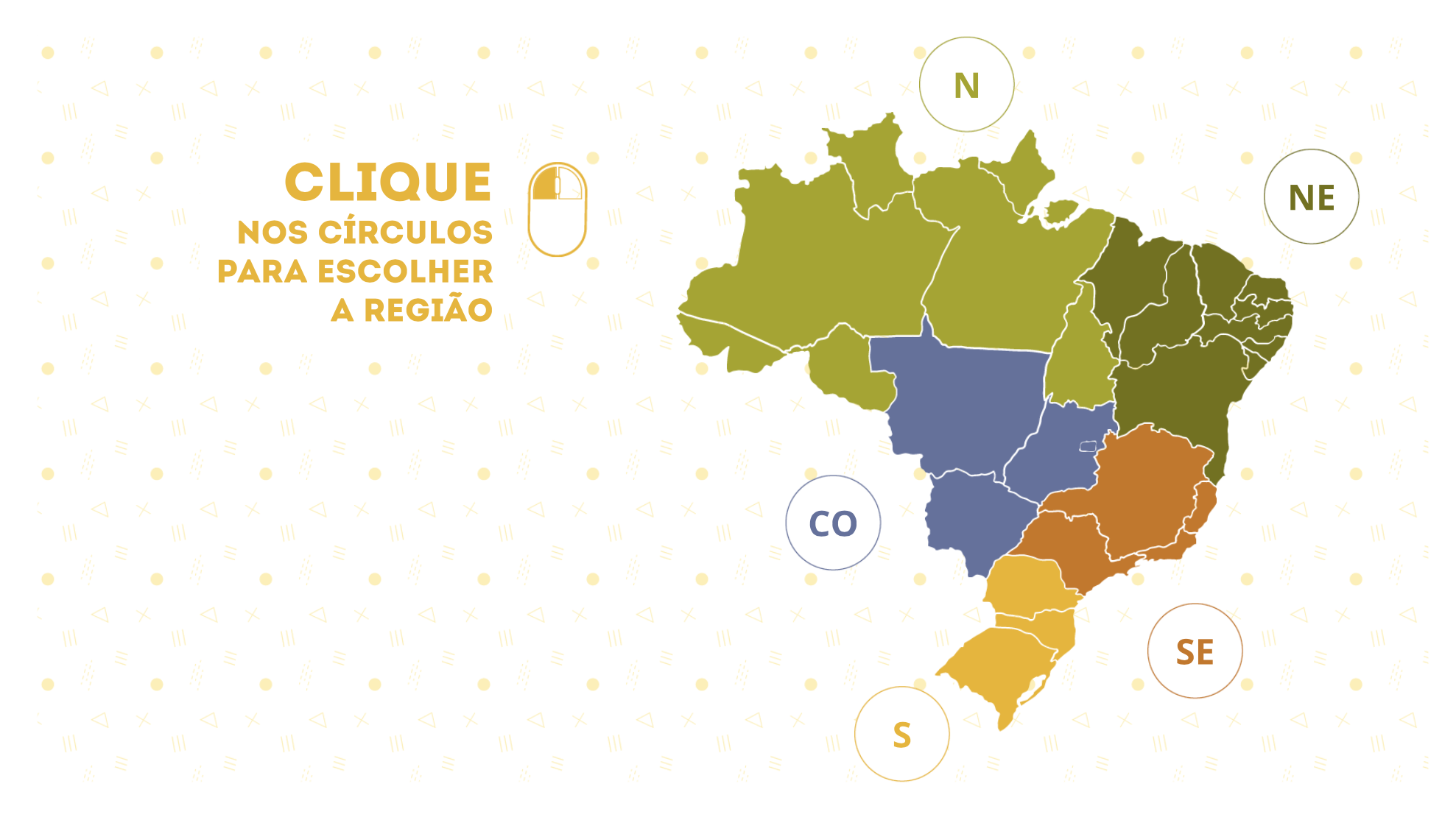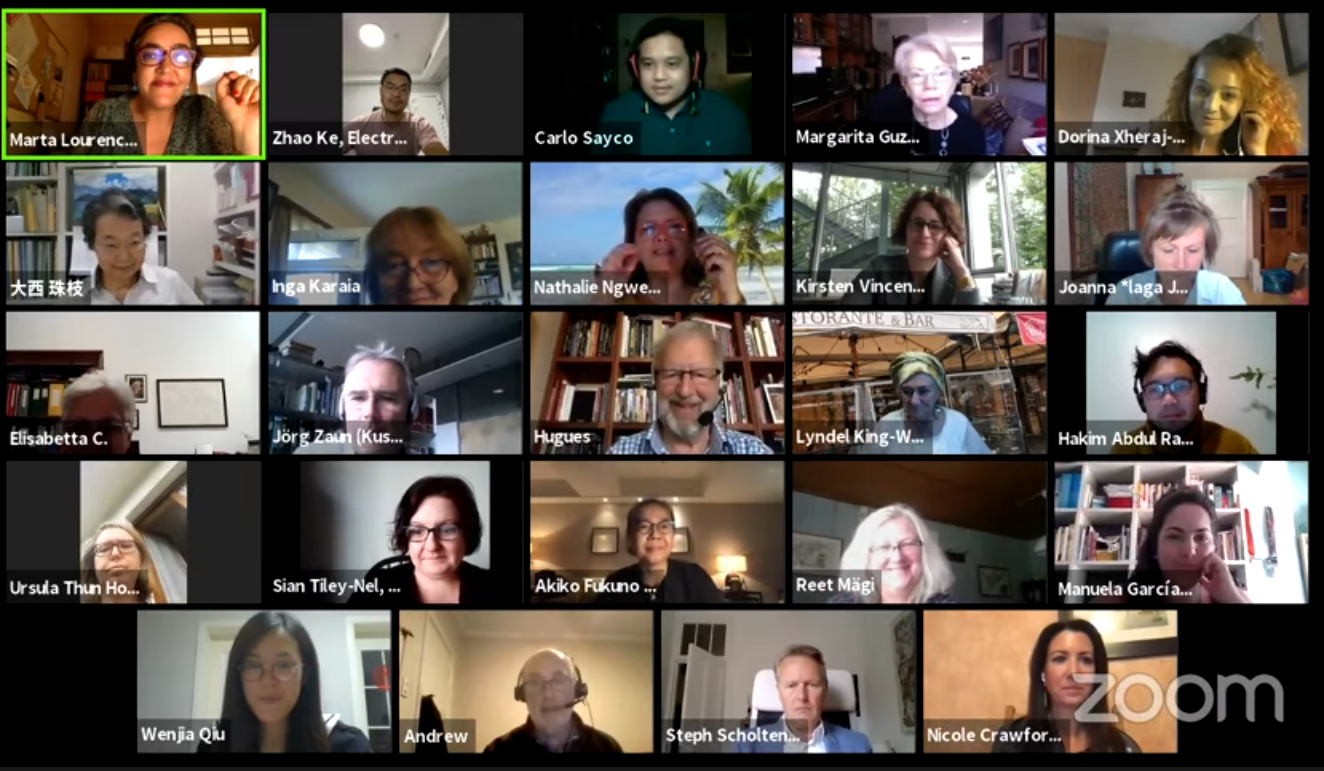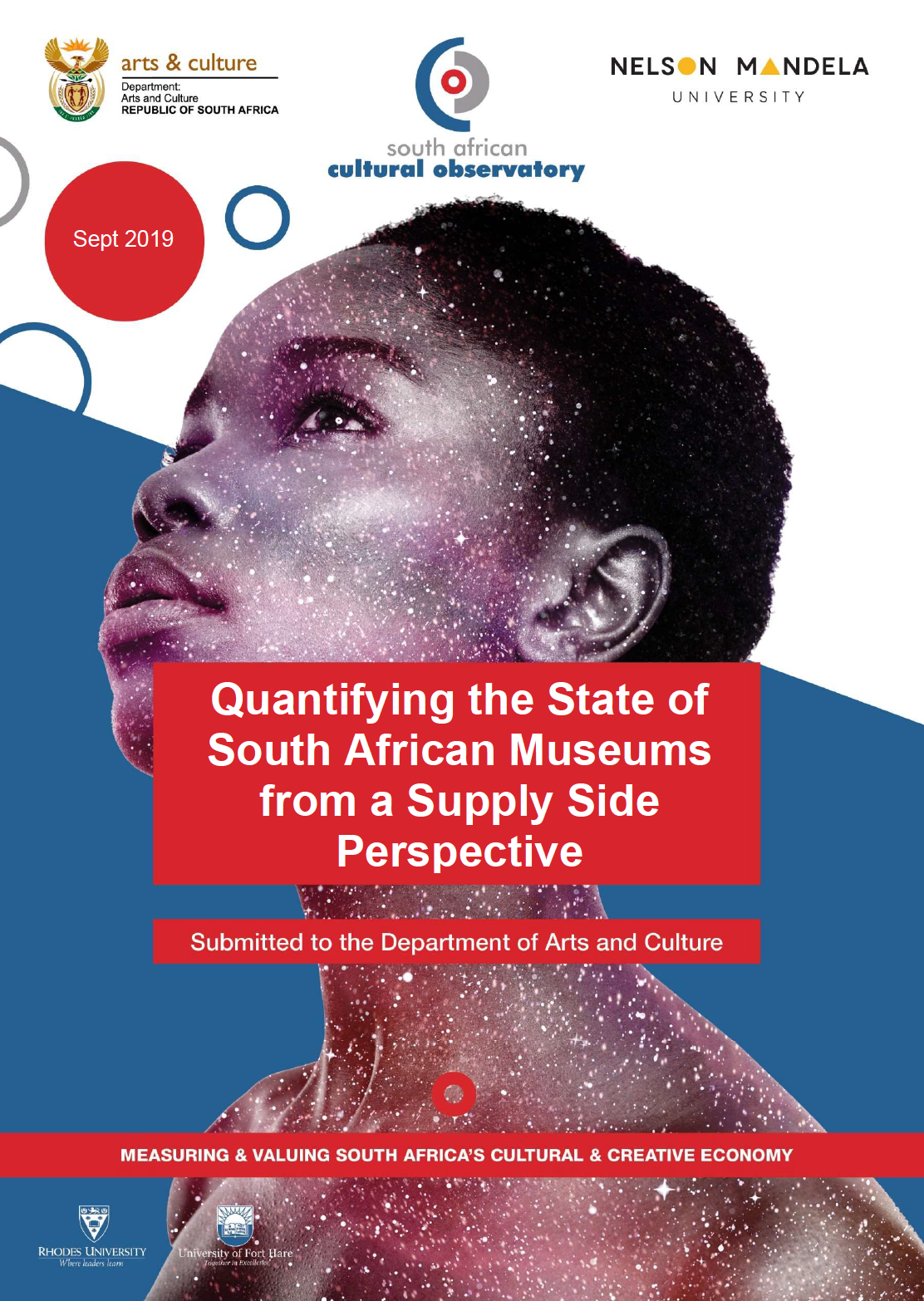Message by the UMAC President, Marta Lourenço, and the Universeum President, Sébastien Soubiran:
Dear members, dear colleagues, dear friends,
Despite our strong will to meet and be together physically, it is now clear that it will not happen yet in 2021, for the reasons we all know.
The Boards of Universeum and UMAC have therefore decided i) to postpone the physical conference at the Technical University of Dresden, Germany, to a later date and ii) to organize in 2021 a joint meeting, to be held exclusively online, between 1 and 3 September.
While frustrating of course, we are also incredibly excited by the opportunities that an online conference provides, namely in terms of audiences, presentation formats, and worldwide access, both in the present and future. It’s a new experience for UMAC and Universeum, and we will do our best.
The theme of UMAC-Universeum 2021 will be NEW OPPORTUNITIES – NEW CHALLENGES IN TIMES OF COVID-19.
Last year, we shared our experiences of COVID19 and its immediate impact on university museums and collections. In 2021, we would like to use these experiences to explore deeper and longer-term lessons of adaptability and resilience.
While we wait for the conference website, the Call for Proposals is already accessible here.
You can propose papers, workshops and … for the first time, videos. We want to hear from you, wherever you are in the world.
Looking forward to your proposals.
Best regards,
Marta Lourenço, UMAC President
Sébastien Soubiran, Universeum President
Co-Chairs of UMAC-Universeum 2021
